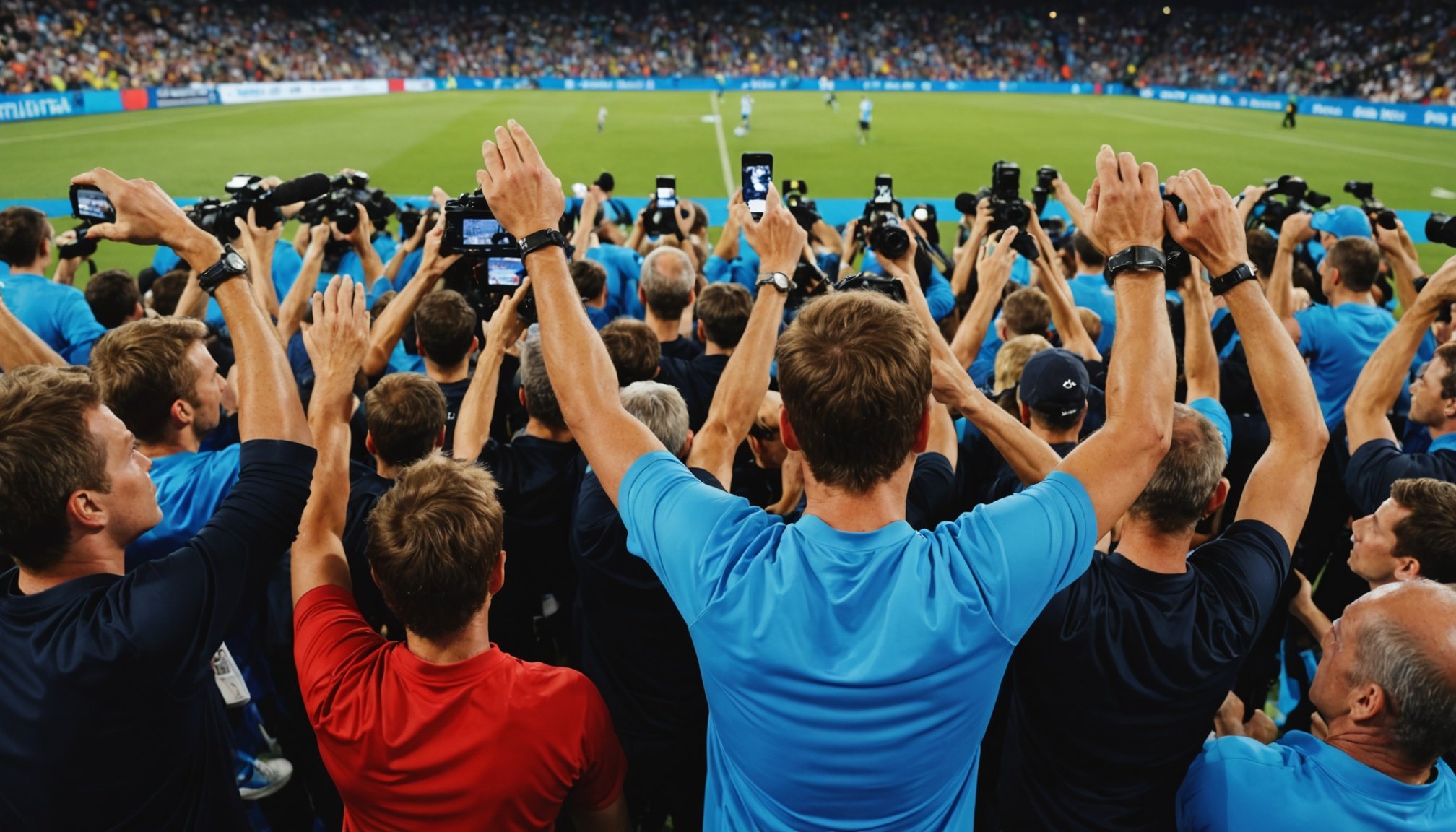In the world of sports, endurance is not merely a test of physical limits but a profound challenge to mental stamina. As you engage in long-duration sports events, maintaining focus becomes as crucial as the training that got you there. Whether you’re a marathon runner, a cyclist embarking on a century ride, or an ultra-endurance athlete, the challenge is universal—how do you keep your mind sharp and unwavering when fatigue sets in? This article delves into strategies to help you sustain mental clarity and avoid the pitfalls of distraction during those grueling hours. Here, we blend expert insights with practical tips to keep your head in the game and ensure that your performance reflects your true potential.
Understanding the Mental Demands of Endurance Sports
Endurance sports require athletes to push beyond their physical thresholds, but it’s the mental demands that often dictate success. Understanding these demands can help you better prepare and execute strategies to maintain focus.
This might interest you : How can athletes prepare for the psychological challenges of competing at elite levels?
Firstly, endurance events are characterized by their length. Be it a triathlon or a long-distance swim, the body is under continuous stress, which can lead to mental fatigue. Competitors face not only physical exhaustion but also boredom, which can cause their minds to wander. To combat this, it’s essential to develop a mental approach tailored to the specific challenges of your sport.
Secondly, maintaining focus during these long events involves staying present despite discomfort. Pain, hunger, and thirst can become significant distractions. The key is to acknowledge these sensations without allowing them to dominate your thoughts. This requires a mindset shift from seeing these as threats to viewing them as part of the experience.
Also to read : How can athletes avoid burnout during rigorous training schedules?
Lastly, the pressure to perform can weigh heavily on the mind. Self-talk becomes crucial here. Positive affirmations and a strong mental narrative can keep you motivated, even when your body screams for a break. Focusing on your goals and the reason why you started training can reinvigorate your drive at critical moments.
Understanding these mental demands is the first step in developing strategies to maintain unwavering focus during long-duration sports events.
The Role of Nutrition and Hydration in Mental Clarity
Fueling your body appropriately is not just about physical performance—it plays a crucial role in maintaining mental clarity. Nutrition and hydration directly impact your ability to stay focused during long-duration sports events.
Before the event, it’s vital to have a well-balanced meal plan in place. Consuming complex carbohydrates, healthy fats, and proteins can provide a steady release of energy. This helps prevent the dips in blood sugar that can lead to mental fog. Avoiding simple sugars and overly processed foods ensures that your energy levels remain stable.
During the event, maintaining proper hydration is key. Dehydration can lead to a rapid decline in cognitive function, affecting your focus and decision-making abilities. Regular sips of water or electrolytic drinks can help sustain both physical and mental performance. Remember, every athlete’s hydration needs differ, so tailor your intake to your specific requirements.
Post-event recovery is equally important. Replenishing glycogen stores and addressing any nutritional deficiencies can help your body and mind recover quicker. This promotes mental recovery and prepares you for future challenges.
By understanding and implementing strategic nutrition and hydration plans, you can enhance your mental resilience, ensuring that your focus remains sharp from start to finish.
Developing Mental Techniques for Sustained Focus
Mental techniques can act as your strongest ally in maintaining focus during long-duration sports events. Implementing the right psychological strategies can significantly enhance your performance.
One effective technique is visualization. Before the event, mentally picturing yourself successfully navigating challenges can bolster your confidence and focus. During the event, recalling these visualized scenarios can help keep your mind on track, even when external conditions become challenging.
Another powerful method is mindfulness. Practicing mindfulness allows you to stay present, reducing the tendency to become overwhelmed by the magnitude of the event. Techniques such as controlled breathing or focusing on specific bodily sensations can anchor your thoughts, preventing them from drifting into negative territories.
Adopting micro-goals is another technique to maintain focus. Breaking the event into smaller segments allows you to concentrate on immediate tasks rather than the daunting entirety. Celebrating the completion of each segment can provide mental refreshment and renewed motivation.
Additionally, developing a mantra or a set of positive affirmations can offer a psychological boost when you’re feeling mentally drained. Repeating phrases like “You are strong,” or “Stay focused,” can reinforce your determination to succeed.
By integrating these mental techniques into your training regimen, you can enhance your focus and elevate your overall performance.
The Influence of Equipment and Environment on Focus
While mental preparation is paramount, the right equipment and environmental considerations can also play a significant role in helping maintain focus during long-duration sports events.
Firstly, choosing the proper gear is crucial. Comfortable clothing and well-fitted shoes can prevent unnecessary discomfort, allowing you to concentrate on your performance rather than physical irritations. Investing in quality gear that suits the specific demands of your sport is an invaluable step toward sustained focus.
Environmental factors also need attention. The setting can either enhance or distract from your focus. Familiarizing yourself with the course or area where the event will take place can reduce anxiety and allow you to mentally prepare for potential challenges. Understanding the terrain, weather conditions, and altitude can help you adjust your strategy accordingly.
Additionally, consider employing technology such as GPS watches or heart rate monitors. These tools provide immediate feedback, helping you stay engaged and adjust your efforts in real-time. However, be mindful not to become overly reliant on gadgets, as this can lead to distraction rather than focus.
Creating a supportive environment extends beyond the immediate physical surroundings. Ensuring you have a strong support team, whether in the form of a coach, friends, or family, can reinforce your mental and emotional strength, aiding your focus throughout the event.
By aligning your equipment and environmental conditions with your mental strategies, you create a comprehensive framework for maintaining focus during long-duration events.
Maintaining focus during long-duration sports events is an intricate balance of mental, physical, and environmental strategies. By understanding the mental demands, fueling your body properly, employing effective mental techniques, and optimizing your equipment and environment, you can create a robust approach to enhance your performance. Each strategy interlocks with the other, forming a cohesive plan that ensures you’re not only prepared to endure but excel. As you embark on your next endurance challenge, remember that success lies not only in strength and stamina but in the steadiness of mind you cultivate. By implementing these strategies, you not only stand to improve your performance but also transform the way you experience the sport, enriching your journey from start to finish.











